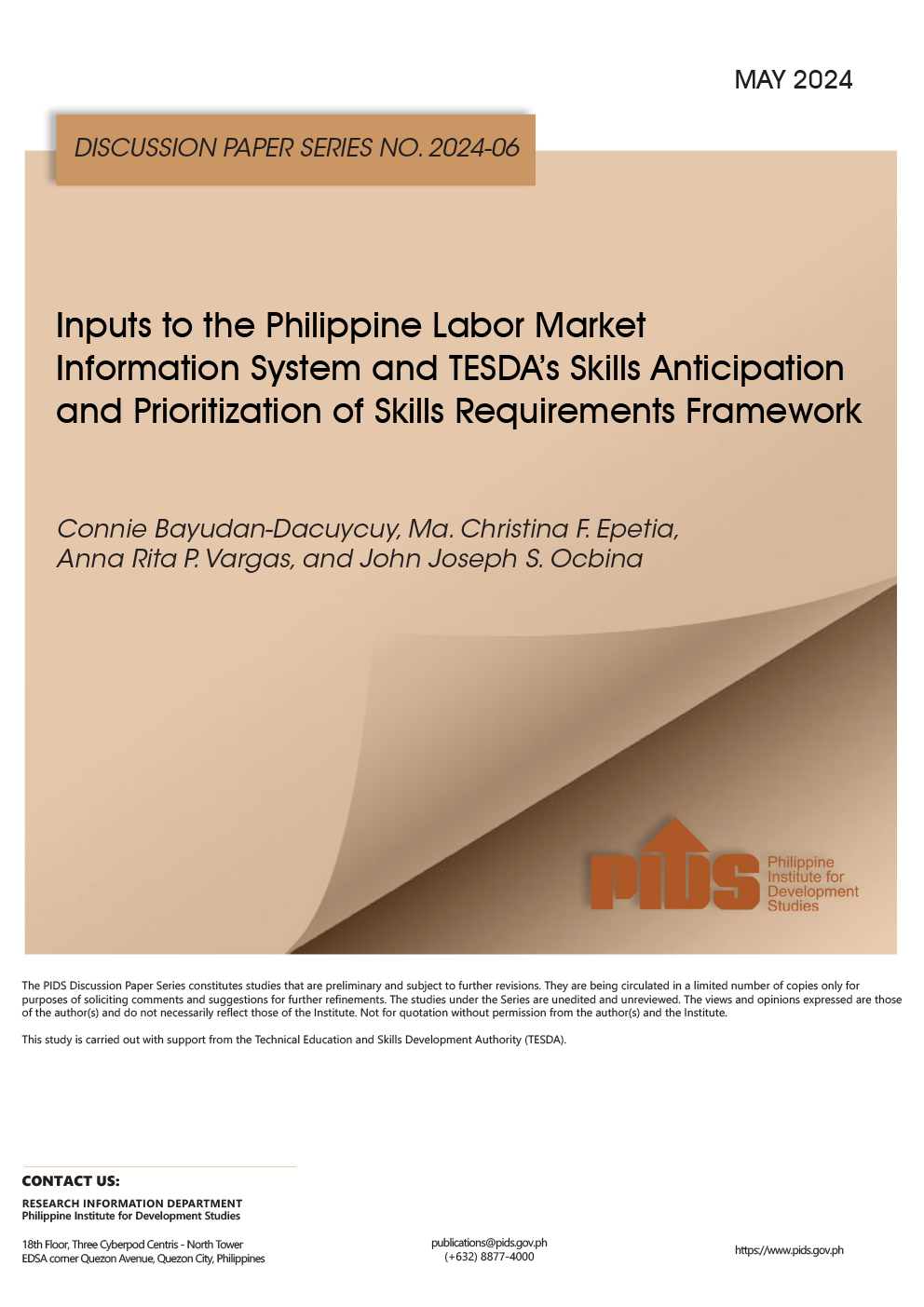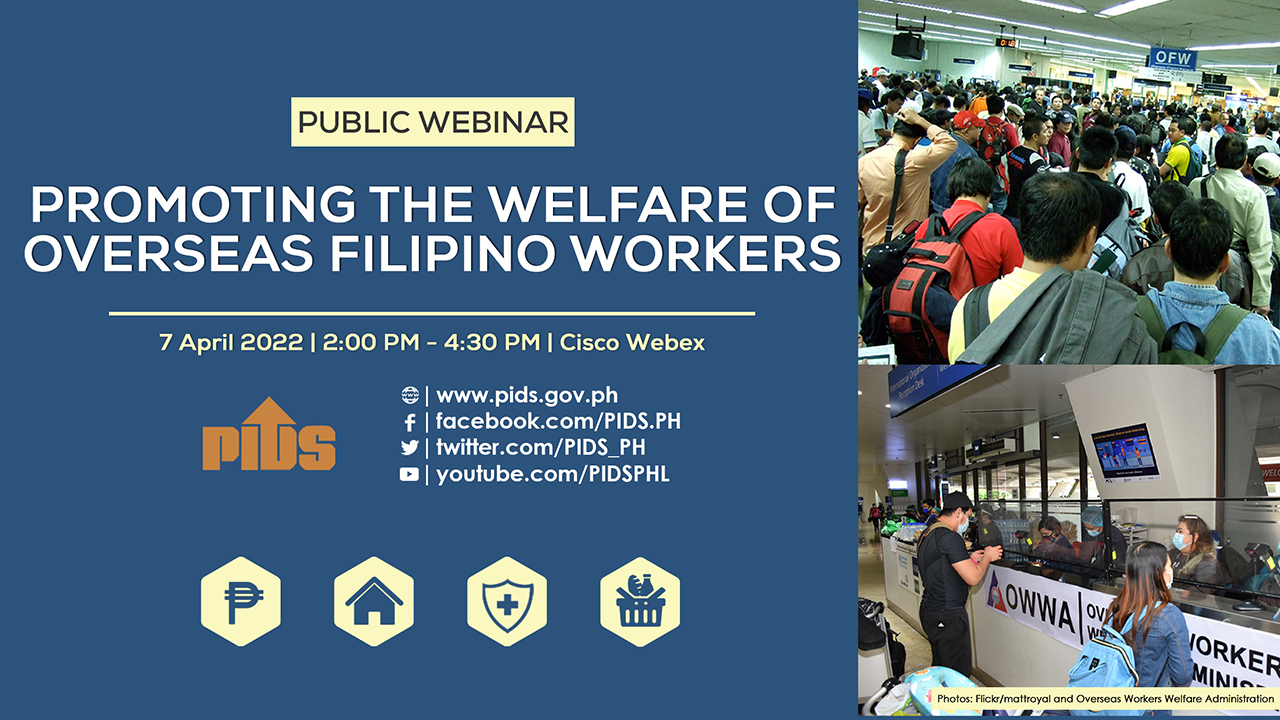The Philippines must rethink certain regulations on employment and should modernize social security systems to produce a generation of globally-competitive talent, according to policy experts.
Dr. Vicente Paqueo and Dr. Aniceto Orbeta, Jr., research fellows of the Philippine Institute for Development Studies in a recent roundtable discussion called on the need to prepared for what they call as Fourth Industrial Revolution (FIRe) which would be marked by “a combination of digital, physical, and biological upheavals.”
The experts said as the phenomenon will “fundamentally alter the way we live, work, and relate to one another,” the Philippines, an emerging economy, is likewise at risk of its unescapable impact.
Unlocking the Filipino People’s Potential in the Next Six Years and Beyond,” a series of researches commissioned by Philippine-based think tank Stratbase ADR Institute, Paqueo and Orbeta said policymakers should prioritize revving up areas of employment, human development, and social security.
This way, Manila will be able “to achieve rapid and inclusive economic growth that will drastically reduce poverty and allow disadvantaged people to enjoy the benefits of economic and technological progress.”
The experts said it is now time to adapt with radical advances in science and technology which are siding more on the innovation of efficient labor-saving technologies.
The phenomenon means workers will frequently move from one job to another, thus the need to be highly trainable the same way economies would also need to be more flexible.
Dindo Manhit, president of Stratbase ADRi, said unlike its Asian neighbors, the Philippines has adopted a less competitive regulatory environment. In the past months, labor unions and their political allies have clamored for an increase in the legal minimum wage (LMW), and that the same LMWs are applied to all regions.
Huge increases in LMWs could make the employment of workers less attractive and labor-intensive enterprises less competitive,” Manhit said.
Demands to end all forms contractualization Paqueo and Orbeta said “could have unintended consequences, including an increased unemployment rate, reduced transition rate from temporary to permanent employment, and reduced efficiency in the use of human resources.”
To dodge negative impacts, what needs to be reconsidered is the replacement of job tenure with income security concepts and wage subsidies. To sustain this, there must be a mechanism to effectively assist the poor and near-poor so they may survive difficult transitions and even thrive under FIRe.
Paqueo and Orbeta said both government and the citizens should “critically vet controversial policy ideas to avoid unintended consequences that are detrimental to the poor and vulnerable group.
Pinoy workers need to be globally competitive
Malaya












